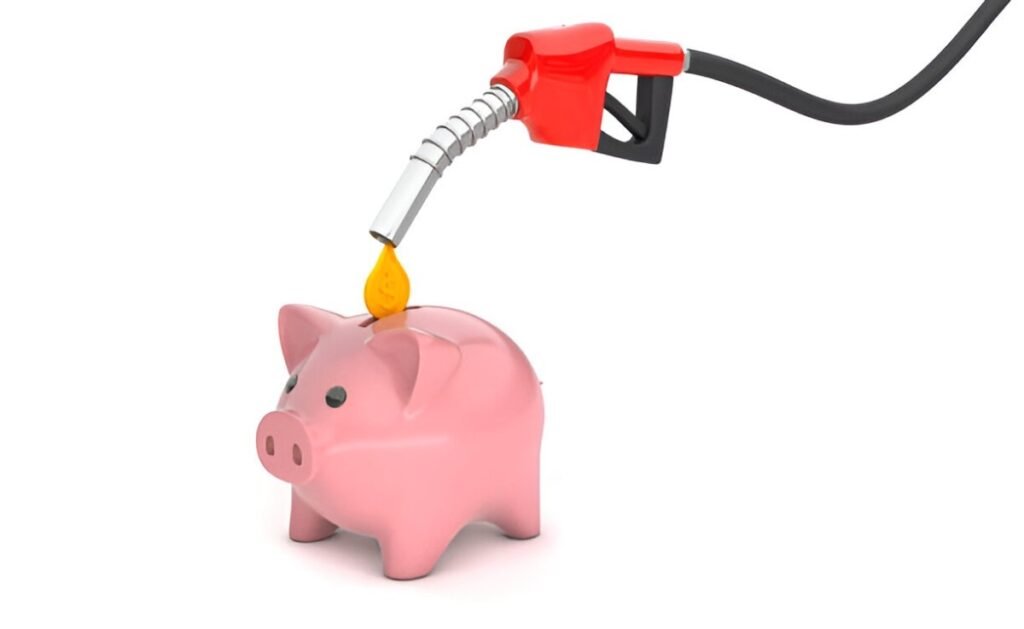Introduction
Electricity costs in the United States have steadily increased, making it essential for households to find ways to reduce their electric bills. The average residential electricity rate in the U.S. is around 15 cents per kilowatt-hour (kWh), and monthly bills vary depending on location, season, and household usage patterns. This guide provides practical strategies to lower electricity expenses without compromising comfort.
Table of Contents
Understanding Your Electric Bill
Before making changes, it’s crucial to understand how electric bills are calculated. The total cost is determined by multiplying the energy consumption (in kWh) by the rate charged by the utility provider. Additional fees, such as delivery and service charges, can further increase costs.
Formula for Electric Bill Calculation:
For example, if a household uses 1,000 kWh per month and the electricity rate is $0.15 per kWh, with fixed charges of $10, the total bill would be:
\text{Total Cost} = (1000 \times 0.15) + 10 = 150 + 10 = 160 dollars.
Reduce Phantom Loads
Phantom loads refer to the energy consumed by electronic devices even when turned off. These devices continue drawing power if they remain plugged in. A study by the Department of Energy (DOE) suggests that phantom loads can account for up to 10% of residential energy consumption.
Ways to Reduce Phantom Loads
- Unplug devices when not in use
- Use power strips to switch off multiple devices at once
- Invest in smart power strips that automatically cut power when devices are idle
Upgrade to Energy-Efficient Appliances
Old appliances consume significantly more energy than modern, energy-efficient models. The Energy Star program, run by the Environmental Protection Agency (EPA), certifies appliances that use less electricity.
| Appliance | Average Annual Energy Use (kWh) | Energy-Efficient Model (kWh) | Savings (%) |
|---|---|---|---|
| Refrigerator | 600 | 400 | 33% |
| Washing Machine | 500 | 250 | 50% |
| Air Conditioner | 3,000 | 2,200 | 27% |
Switching to Energy Star-certified models can save an average household $100–$500 annually.
Optimize Heating and Cooling
Heating and cooling account for nearly 50% of the average household’s electricity consumption. Reducing HVAC usage significantly impacts electric bills.
Practical Tips for HVAC Efficiency
- Set thermostats to 68°F in winter and 78°F in summer
- Use ceiling fans to improve air circulation
- Seal windows and doors to prevent heat loss
- Replace air filters regularly to maintain efficiency
- Install a programmable thermostat to adjust temperatures automatically
Utilize Natural Lighting
Using natural daylight reduces reliance on artificial lighting. Opening curtains and positioning mirrors to reflect sunlight can brighten rooms without consuming electricity.
Adjust Water Heater Settings
Water heating accounts for around 18% of home energy use. Lowering the water heater temperature to 120°F can save energy without sacrificing comfort.
Water Heater Energy Consumption Formula:
E = 2.44 \times \text{gallons of hot water} \times (T_{\text{final}} - T_{\text{initial}})where:
- E = Energy in kWh
- T_{\text{final}} = Final water temperature (°F)
- T_{\text{initial}} = Incoming water temperature (°F)
Reducing the water heater temperature from 140°F to 120°F can cut water heating costs by 10–15%.
Use Smart Home Technology
Smart home devices help optimize electricity use by allowing users to monitor and control appliances remotely. Smart thermostats, motion-sensor lights, and automated blinds contribute to energy efficiency.
Time-of-Use Pricing
Some utility companies offer time-of-use (TOU) pricing, where electricity rates vary based on demand. Running appliances during off-peak hours (e.g., late at night or early morning) can lower costs.
| Time of Day | Electricity Rate ($/kWh) |
|---|---|
| Peak (4 PM – 9 PM) | 0.25 |
| Off-Peak (9 PM – 7 AM) | 0.12 |
| Mid-Peak (7 AM – 4 PM) | 0.18 |
Using high-energy appliances during off-peak hours can save up to 30% on electricity bills.
Solar Power as an Alternative
Investing in solar panels can reduce electricity dependence on the grid. Although the upfront cost is high, tax credits and net metering programs make solar power a cost-effective long-term solution.
Annual Savings with Solar Panels Calculation:
\text{Annual Savings} = \text{Annual Consumption} \times \text{Rate per kWh} \times \text{Solar Offset}For example, if a household consumes 10,000 kWh annually at $0.15 per kWh and solar panels offset 80% of usage: \text{Annual Savings} = 10,000 \times 0.15 \times 0.80 = 1,200 dollars per year.
Conclusion
Reducing electricity costs requires a combination of behavioral changes and energy-efficient upgrades. Understanding electricity consumption patterns, eliminating phantom loads, upgrading appliances, optimizing heating and cooling, and leveraging smart technology can collectively lower electric bills. Households looking for long-term savings should consider renewable energy options such as solar power. Implementing these strategies can lead to substantial financial and environmental benefits.





